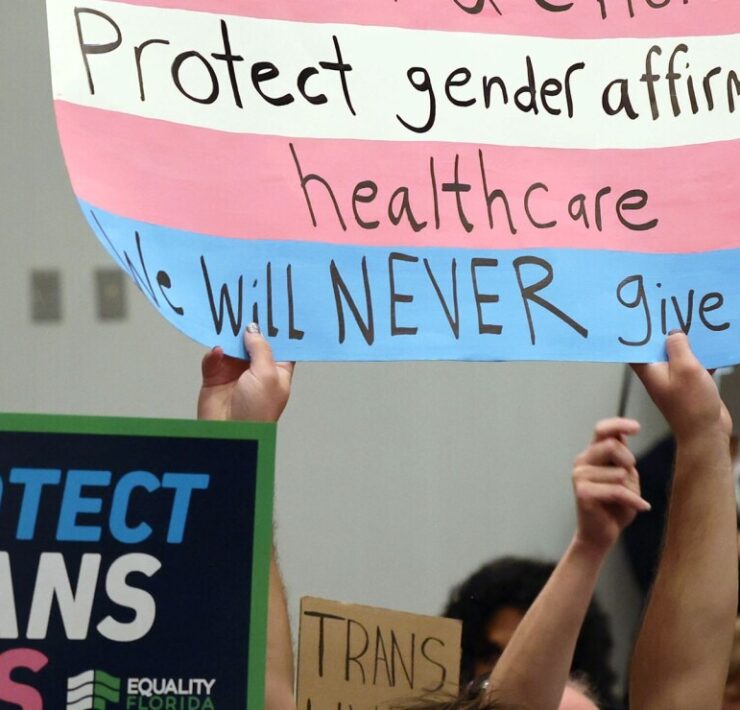Colorado Deems Gender-Affirming Care ‘Essential’

Ray has with OUT FRONT Magazine since February of 2020.…
Colorado has become the first state to include gender-affirming care in its list of essential health benefits. This means insurance companies must cover certain procedures such as electrolysis, chest surgery, and facial feminization surgery.
The Colorado Department of Insurance (DOI) recently published a gender-affirming care coverage guide, outlining which compares currently cover which services, with many of them going beyond the DOI requirements. It’s important to note that not all insurance providers and plans are included under the new guidance, though many are starting to cover gender-affirming services on their own accord.
The guide is not an exhaustive list of all gender-affirming services, but rather a list of many of the common procedures to treat gender dysphoria. It also does not include specific processes such as the need for prior authorization letters from a provider that may be required by insurance companies to show that certain gender-affirming medications and procedures are medically necessary.
The new guidance covers individual health insurance plans, those that are not gained through an employer, or Colorado-based small group plans (businesses with 2-100 employees). If your insurance card says CO-DOI on it, then it is a Colorado-based plan.
Colorado Insurance Regulation 4-2-62 prohibits discrimination in private health insurance plans based on sexual orientation or gender identity. Private insurance plans sold in Colorado and regulated by the Colorado DOI cannot do the following.
- Inquire about an applicant’s or a beneficiary’s sexual orientation or gender identity in an application for coverage
- Deny, cancel, limit, or refuse to issue or renew a policy because of a person’s sexual orientation or gender identity
- Deny, exclude, or otherwise limit coverage for medically necessary services, in accordance with generally accepted professional standards of care, based on a person’s sexual orientation or gender identity
Even if an insurance company technically covers certain services, there can still be many hoops to jump through, and they could deny claims if they feel the patient hasn’t met their criteria. If you’ve been denied coverage for a gender-affirming service, you can file an appeal with your insurance company. If you feel like you have been unfairly denied services, you can file a complaint with the DOI.
Both federal and Colorado state laws provide protections for consumers accessing mental and behavioral health services. Parity laws prohibit health plans from being more restrictive with mental health, behavioral health, and substance use disorder benefits than the medical and surgical benefits the plans offer. Colorado state law requires that health insurance companies cover services for mental and behavioral health conditions the same way they cover other medical conditions, like diabetes or heart disease.
What's Your Reaction?
Ray has with OUT FRONT Magazine since February of 2020. He has written over 300 articles as OFM's Breaking News Reporter, and also serves as our Associate Editor. He is a recent graduate from MSU Denver and identifies as a trans man.










